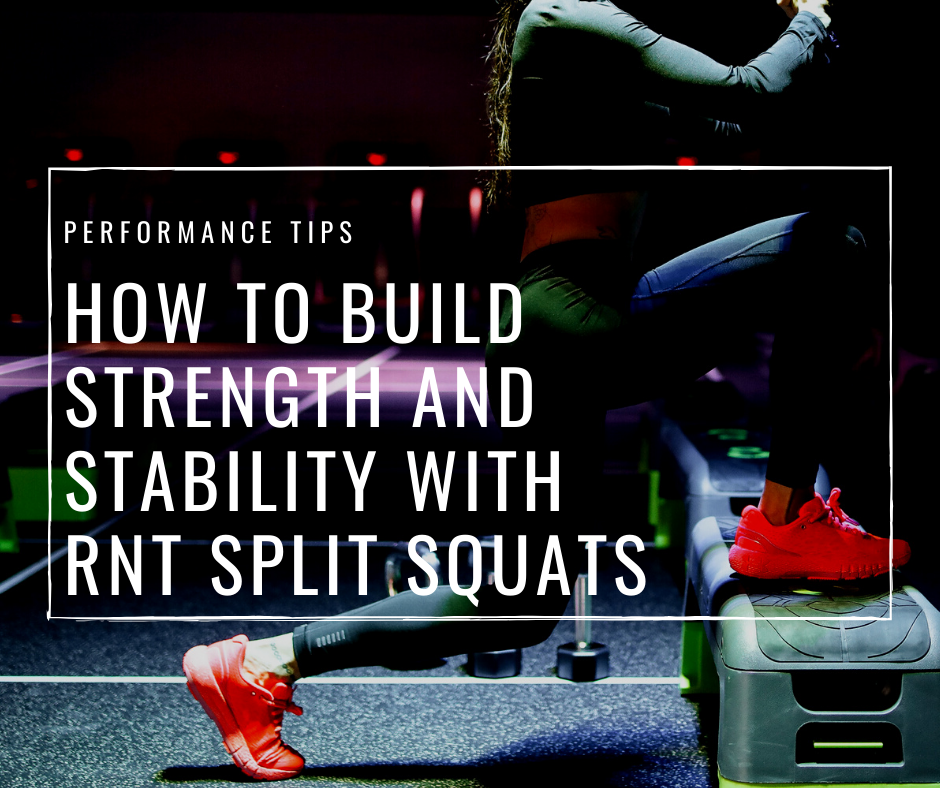VIDEO: When Should I Work Out Hard?
Lots of people ask me about when they should work out hard, and which days they should take it a bit easier. It’s a great question, because the concept of ‘safe training days’ is one of the major keys to figuring out how to maximise the results of your training schedule. Below, I’ll explain exactly how to use this to your advantage.
But first, why is “when should I work out hard” important?
While there are outliers, in my experience most of us can handle about two or three really tough workouts per week if we want to be able to recover well. Various factors including your age, recovery ability, level of training experience all factor into this.
There are also four things we can assume about these very challenging workouts:
With few exceptions, they’re the ones that will drive most of our progress when compared to easier workouts. Therefore we want to give them our best effort.
In order to perform at a high level during these key workouts, we need to be recovered and rested ahead of time. If you’re so tired and beat-up from a previous workout (or other life stress, poor sleep, etc.) that you’re unable to perform at or near your best, you won’t get the most out of the workout. Progress suffers when the quality of the effort decreases.
Training sessions that ask you to dig deep and work close to your limit are potentially more dangerous than lighter workouts. This is another reason the make sure you’re refreshed and ready for them when they come.
More stressful workouts take longer to recover from than easier workouts. So your hardest workouts need to be spaced out.
Essentially what we’re looking for is predictability. We what to know when we’ll be able to perform at a high enough level to do a key workout and get the most benefit from it. The first thing you want to mark ‘safe days’ on your weekly training schedule and build your weekly plan around that.
Watch the video below while I walk you through this process.










